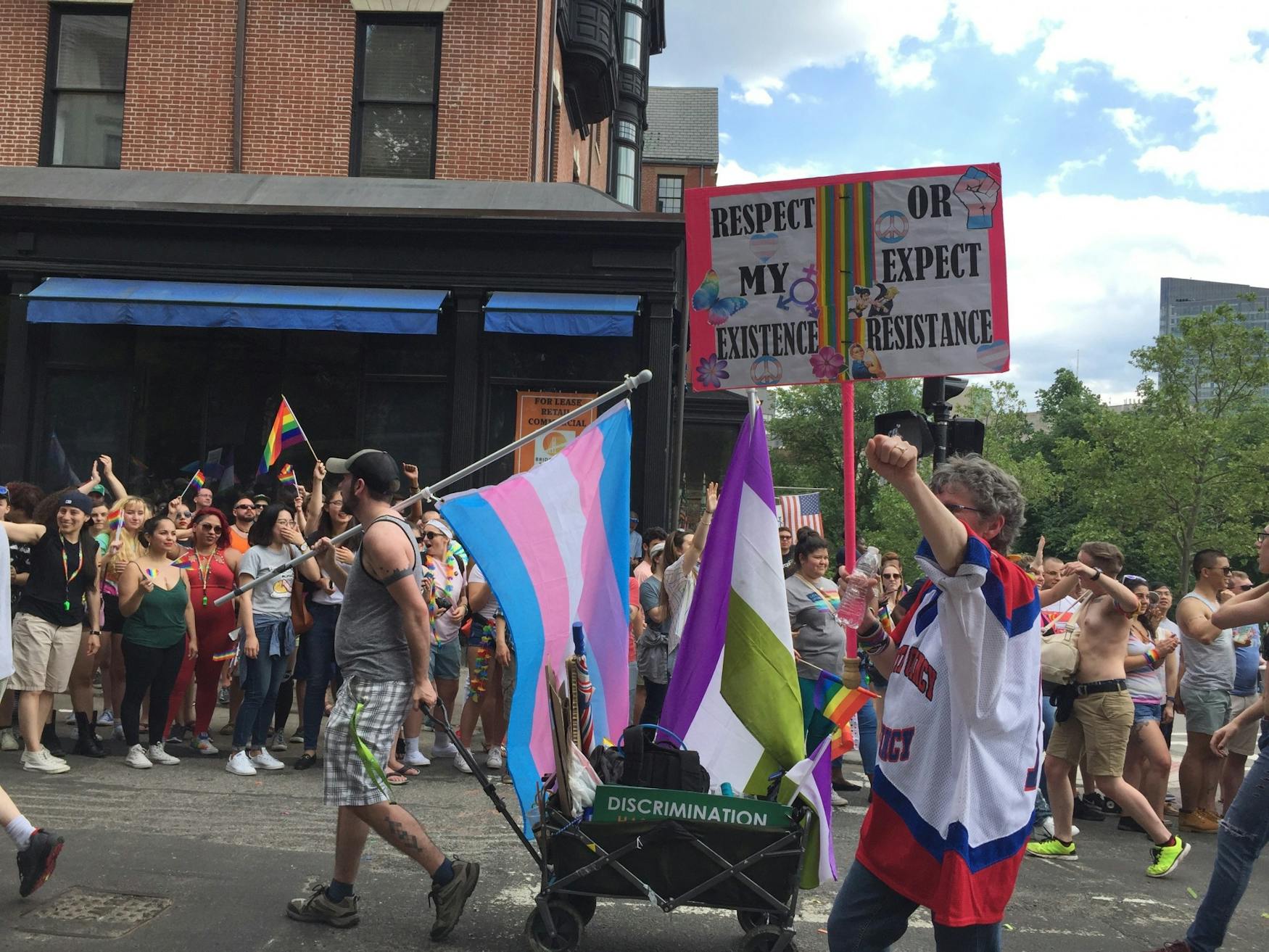Supporting the Healthy Youth Act is imperative for the good of LGBTQIA+ students
LGBTQIA+ representation and queer theory continues to be villified in most grade and high school environments — even when the introduction of that knowledge might hugely improve or even save a student’s life. As kids trickle back to class in-person this fall, some leave the danger of prejudiced family homes only to enter risky school environments in which identities are restricted and homophobic attacks from students, staff and teachers go unpunished. Others will watch while administrations degrade and demonize LGBTQIA+ students, or fire gay teachers and coaches without due process. A majority of schools still refuse to teach any semblance of LGBTQIA+ history, not to mention LGBTQ-specific health or sex education. All the while too many students — like transgender students who report much higher rates of feeling unsafe in school or fall into the 35% of students who attempt suicide — continue to suffer silently.
Given the complexity and magnanimity of these issues impacting LGBTQIA+ youth, there is unfortunately no one-stop-shop to fix them, but in Massachusettes the Healthy Youth Act (HYA) — legislation designed to support and promote inclusive and medically comprehensive sex education curricula in schools already offering sex education programs — can potentially play a strong role in making school environments healthier and safer for everyone. The United Nations has found that a well-rounded and extensive sex education is proven to help young people make responsible decisions regarding sex, when to have sex, how to create and sustain healthier relationships and how to prevent the occurence of sexually transmitted illness or unintended pregnancies. For LGBTQIA+ youth, the potential benefits could be life-saving. According to a robust study from WestEd, data show that when LGBTQIA+ students have access to the same resources as their non-LGBTQIA+ peers, disparities in their mental health and academic performance are reduced by 50%. Access to sex education that names, includes and respects LGBTQIA+ identities is an example of a support system with the capability to directly address and combat some of the exhorbitant health risks facing LGBTQIA+ youth, who experience higher rates of STIs, higher instances of bullying and social neglect and systemic, residual negative impacts to their longterm health from the intentional dearth of education specific to LGBTQIA+ well-being.
Although the HYA passed in the Massachusetts State Senate in 2020, it is still being debated in the House of Representatives. This is not the first time the act has been stalled in the State House, as its introduction has been blocked amid misconceptions of what comprehensive sex education entails, or by outright homophobia and transphobia of decisionmakers. Essentially, its future remains unsure.
As I tepidly follow the unfolding of this HYA’s most recent congressional cycle, I also look ahead to my next semester in graduate school and the multiple courses I am privileged to be taking that dare to ponder gender and sexuality. I am thrown back to my high school and undergraduate days when I did not experience anything remotely close to these options of studying sexuality or gender in a safe environment. I am reminded how deadly the silence was, and how deep the scars still sit from forced invisibility and erasure of my identities and my community at the hands of those who refused to try and understand us or to accept our humanity. I am left pondering the role of college and professional students, as well as faculty and administration in promoting the HYA. Where do we fit in?
Surely we need more professors, social scientists and academic leaders spending energy and research on promoting the benefits of and the science behind comprehensive, inclusive sex education from a young age that embraces all sexual and gender identities. Queer theory must not be exclusive to higher education environments if we wish to see an overall healthier society in our futures. Who better to help push its implementation than the academic powerhouses with both the resources to do so, as well as the responsibility of maintaining the standard of educational excellence and leadership? And students of social justice: is it not our role to mentor those in need and lead amid the present-day concerns directly impacting underserved communities?
There are always tangible ways to help. If the opportunity presents itself, attend and do not be afraid to testify in state hearings about the importance of this legislation and how it might have impacted you or someone you know. Keep up with the educational environment in your hometown and beyond your college window, and be aware of the school environments and shortcomings currently impacting children and youth in your community. Reach out to your legislator; they want and need to hear from you, especially regarding concepts from which they might feel disconnected or “unknowledgeable.” Find an outlet to have that conversation that matters, and push for LGBTQIA+ visibility on your campus, in your department, in your town and beyond. Chosen family is such a popular concept amongst the LGBTQIA+ community because the notion of family is often just that scarce, or it has been ripped from us altogether with hatred toward our identities, sometimes by our very own kin. It can mean all the world to a queer, trans or nonbinary student whose vote or voice might be limited or constricted to be reminded they have someone in their corner fighting for their rights — no matter their school or home environment.
Hopefully the HYA passes in the Massachusetts State House this fall. Promoting queer education has never been a cake walk, but advocating for an inclusive education and a safe space for all young people is not only much easier to do as a community, but beneficial for it as a whole.



Please note All comments are eligible for publication in The Justice.